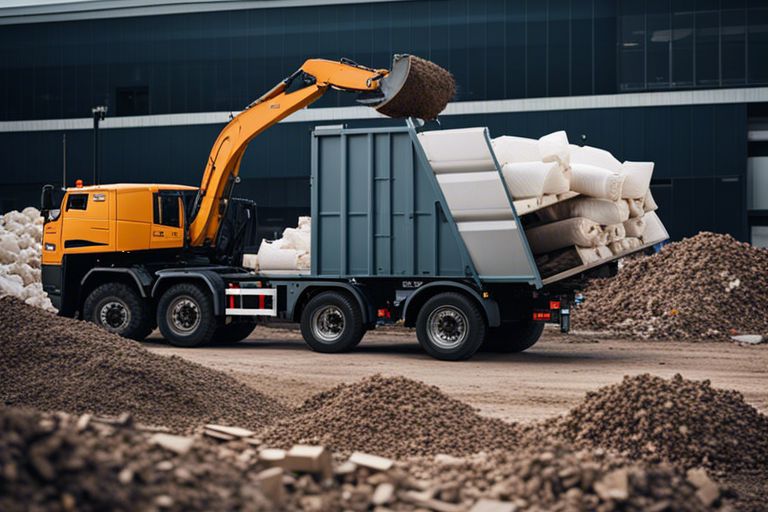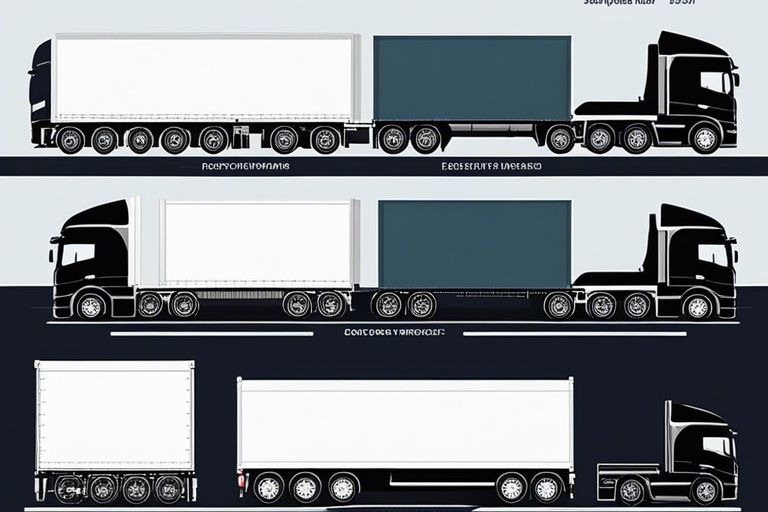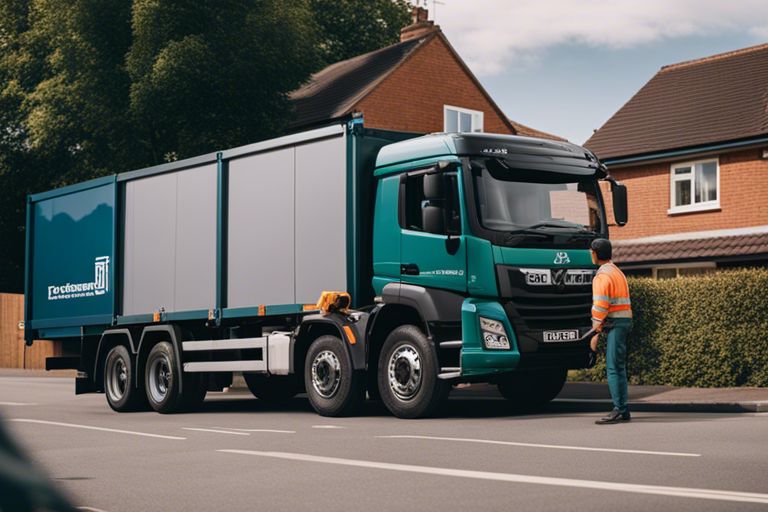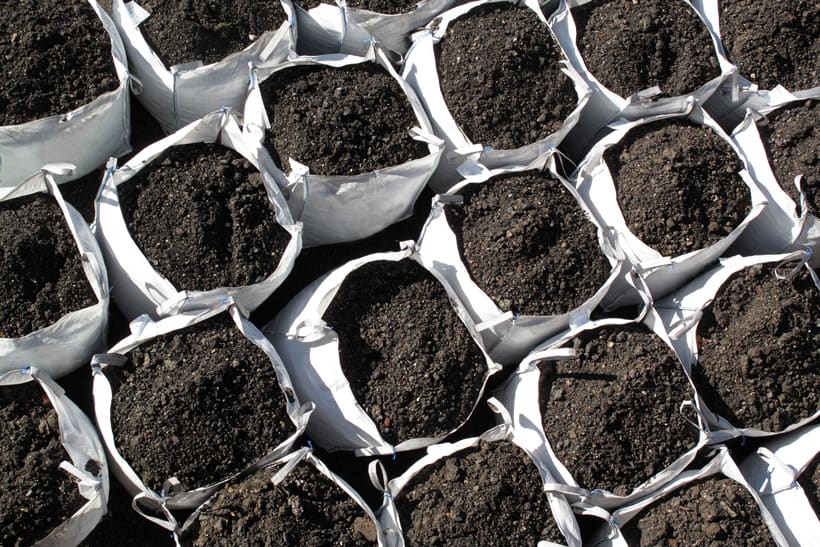When considering demolition, it’s essential to weigh up the true cost of the project. Many factors contribute to the overall expenses, including labour, equipment, waste disposal, and potential hazards that could pose a danger to you and your team. It’s crucial to understand the risks involved and carefully plan each stage of the process to ensure a safe and cost-effective demolition. However, with proper planning and the right approach, demolition can ultimately result in reduced expenses and improved infrastructure for future projects.
Factors Influencing Demolition Costs
When it comes to demolition costs, there are several factors that can influence the overall price. Understanding these factors will help you to budget more effectively and ensure that you don’t encounter any unexpected surprises along the way. Here are some of the key considerations to keep in mind:
Size and Type of Structure
The size and type of the structure you need to demolish will have a significant impact on the overall cost. Larger structures require more time, manpower, and equipment to demolish, while certain materials may also be more difficult and costly to remove. Additionally, if the structure contains hazardous materials such as asbestos, this will need to be removed by a specialist and can significantly increase demolition costs.
Location and Accessibility Issues
The location of the structure and its accessibility can also influence the demolition cost. If the site is in a remote location, additional transportation costs for equipment and waste removal may be incurred. Moreover, if the structure is surrounded by other buildings or has limited access, this can make the demolition process more complex and time-consuming, thus increasing the overall cost.
Cost Breakdown
When it comes to demolishing a structure, there are several costs that you need to consider. By breaking down these costs, you can get a better understanding of the financial implications of demolition.
Permitting and Legal Fees
Before you can start any demolition project, you will need to obtain the necessary permits and adhere to local regulations. This involves paying for permits and legal fees, which can vary depending on the size and location of the project. Failure to comply with these regulations can result in hefty fines and delays, so it is crucial to factor these costs into your budget.
Labor and Equipment Expenses
Demolition requires skilled labour and specialised equipment to safely and efficiently dismantle a structure. The cost of hiring experienced demolition crew and heavy machinery such as excavators and bulldozers can significantly impact your budget. It’s important to hire reputable professionals who adhere to health and safety regulations to avoid any costly accidents or delays.
Waste Disposal and Recycling Costs
Once the structure is demolished, you will have to deal with the disposal of debris and materials. Waste disposal and recycling costs can add up, especially if hazardous materials need to be safely removed. Additionally, consider the environmental impact and potential recycling opportunities to manage these costs effectively.
Estimating Your Demolition Project
When planning a demolition project, it’s crucial to have a clear understanding of the costs involved. Estimating the cost of your demolition project can be a complex process, but it is essential for ensuring that you have an accurate budget in place. To help you with this, you can refer to resources such as Costs of Commercial Demolition to get an idea of the potential costs involved in your project.
Getting Accurate Quotes
When estimating the cost of your demolition project, it’s important to obtain accurate quotes from reputable demolition contractors. Be sure to provide detailed information about the project, including the size and type of structure to be demolished, as well as any specific requirements or challenges that may impact the cost. By obtaining multiple quotes, you can compare prices and ensure that you are getting a fair and competitive rate for your project.
Potential Hidden Costs in Demolition
It’s important to be aware of potential hidden costs that may arise during the demolition process. These can include factors such as hazardous materials removal, unexpected structural issues, or additional permits and fees. By carefully assessing the site and working with experienced professionals, you can identify and plan for these potential hidden costs, ensuring that your budget is comprehensive and able to cover any unforeseen expenses that may arise.
Saving Money on Demolition
When it comes to demolition, the cost can add up quickly. However, there are ways you can save money on the process. By choosing the right strategies and methods, you can make sure that the demolition of your property doesn’t break the bank. To get an idea of the costs involved, you can check out Costs to Demolish a House at Home Depot.
Cost-Effective Demolition Strategies
One cost-effective strategy to consider is selective demolition. This involves only demolishing certain parts of the structure, rather than the entire building. By doing this, you can save money on labour and disposal costs, as well as potentially salvage valuable materials for reuse. Another way to save on demolition costs is to negotiate with your demolition contractor. By comparing quotes from multiple contractors, you can ensure you are getting the best value for your money. You can also ask the contractor if there are any opportunities for salvaging materials from the site, which can offset some of the demolition costs.
The Role of Deconstruction and Reuse
Deconstruction involves taking apart a building in a methodical manner in order to salvage as many materials as possible for reuse. By deconstructing instead of demolishing, you can save money on disposal costs and reduce the amount of waste going to landfill. Additionally, you may be able to sell or donate salvaged materials, recouping some of the demolition costs. Reusing materials not only saves you money, but it also reduces the environmental impact of the demolition process, making it a more sustainable option.
Counting the Cost – How Much Does Demolition Really Cost?
Presently, you have gained a comprehensive understanding of the true costs involved in the process of demolition. By evaluating the various factors outlined in this article, you are now better equipped to make informed decisions when considering a demolition project. For further information on the costs of demolishing a house, you can refer to the article How Much Does It Cost To Demolish a House?
FAQ
Q: What factors contribute to the cost of demolition?
A: The cost of demolition is influenced by factors such as the size of the structure, its location, the materials used, any hazardous materials present, and the method of demolition.
Q: What are the different methods of demolition and how do they affect cost?
A: Demolition methods include implosion, deconstruction, and traditional mechanical demolition. Implosion tends to be the most expensive due to safety measures, deconstruction is labour-intensive and time-consuming, and mechanical demolition is often more cost-effective for large structures.
Q: Are there any additional costs associated with demolition?
A: Yes, additional costs may include permits, environmental assessments, disposal fees, and unforeseen complications such as the discovery of hazardous materials.
Q: How can I accurately estimate the cost of demolition for my project?
A: It is best to consult with a professional demolition contractor who can assess the specific requirements of your project and provide a detailed cost estimate based on factors such as site preparation, equipment, labour, and disposal.
Q: What are the potential cost savings associated with recycling demolition materials?
A: Recycling materials such as concrete, metal, and wood can reduce disposal costs and may even generate revenue through the sale of salvaged materials, ultimately lowering the overall cost of demolition.
Q: How important is it to hire a reputable and experienced demolition contractor?
A: It is crucial to hire a qualified and experienced demolition contractor who can ensure the project is carried out safely, efficiently and in compliance with all regulations, ultimately minimising potential risks and costs associated with mistakes or oversights.
Q: What should I consider when budgeting for a demolition project?
A: When budgeting for a demolition project, it is important to account for all potential costs including labour, equipment, disposal, permits, and any unexpected complications that may arise, it is also wise to set aside a contingency fund for unforeseen expenses.







